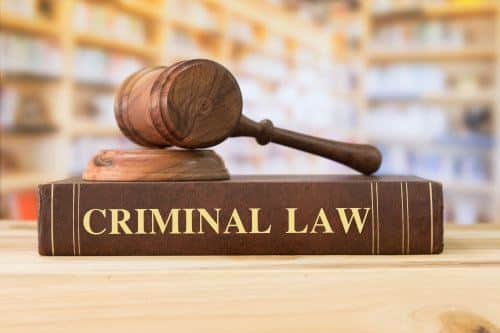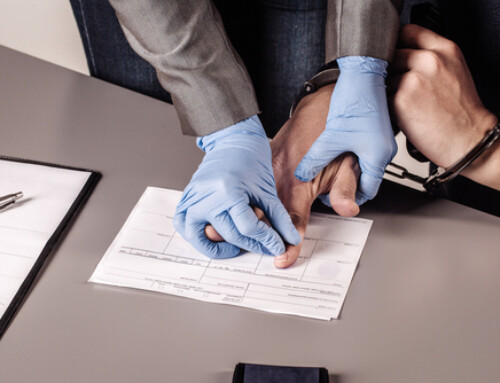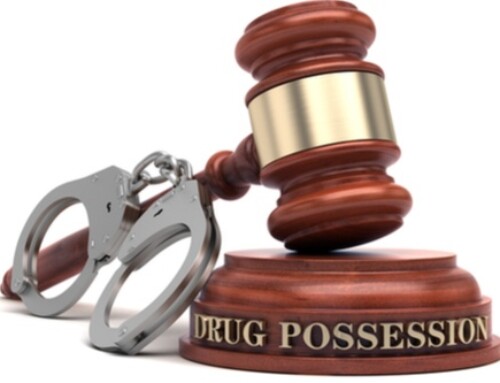When going to court on a criminal charge, you have several options regarding how you choose to present your defense. One of these options is to testify on your own behalf. While testifying at trial may seem like a good idea – and it can be a good idea in some cases – you should not automatically assume that it is in your best interests to take the stand at your South Carolina criminal trial.
What are the Benefits of Testifying at Your Criminal Trial?
First, let’s talk about why you might want to testify. In South Carolina criminal court, the prosecution has the burden of proving the defendant’s guilt beyond a reasonable doubt. This means that, as a defendant, you do not need to prove your innocence—all you need to do is prevent the prosecution from convincing the jury that you are guilty. If you can cast reasonable doubt on the prosecution’s case, this is enough to prevent a guilty verdict under South Carolina law.
With this in mind, in some cases, it can be advantageous to testify when your testimony will call the sufficiency or the legitimacy of the prosecution’s evidence into question. This could be the case, for example:
- Suppose the prosecution’s witnesses are unreliable. If the prosecution’s witnesses are unreliable (i.e., if they have criminal records or have a personal interest in seeing that you are convicted), then testifying could convince the jurors that they should trust your word over the word of the other individuals who have taken the stand.
- If the prosecution’s evidence only tells part of the story. If the prosecution’s evidence only tells part of the story, then taking the stand to tell the jurors the rest of what they need to know could swing the outcome of your case in your favor.
- Suppose the prosecution is already using your words against you. If you gave a statement to the police and the prosecution presents your statement as evidence in court, then testifying on the stand may be necessary to convince the jurors that you misspoke, that you misunderstood the police officer’s question, or that you were coerced into making a confession.
Additionally, while proving your innocence is unnecessary, it can be a viable defense strategy in some cases. Likewise, certain types of “affirmative defenses” require criminal defendants to present evidence beyond what is needed to call the sufficiency of the prosecution’s evidence into question. When seeking to prove your innocence or assert an affirmative defense (i.e., coercion, necessity, or self-defense), testifying can be an effective means of advancing your defense strategy under appropriate circumstances.
What are the Risks Involved with Testifying as a Criminal Defendant in South Carolina?
Now, why might you choose not to testify in your South Carolina criminal case? While testifying has several potential benefits, it has several potential drawbacks as well. For example, some reasons why you might choose not to take the stand during your trial include:
- Testifying subjects you to cross-examination. Under the Fifth Amendment to the U.S. Constitution, you do not have to testify during your criminal trial, and the prosecutor’s office cannot compel you to take the stand. However, if you choose to testify, then you must submit to cross-examination by the prosecution. You can still assert your Fifth Amendment privilege against self-incrimination, but answering your lawyer’s questions and then refusing to answer questions from the prosecutor may not be viewed favorably by the jury members.
- Some (or all) members of the jury might not believe you. Even though you are required to take an oath before testifying, some (or all) members of the jury may still choose not to believe you. Whether they have made certain assumptions about your case or they find your testimony to be incredible, this is a scenario in which testifying can potentially do more harm than good.
- Some (or all) members of the jury might misinterpret your words. Even if the jury members believe you, they might misinterpret your words, potentially having an even greater detrimental effect. If the jury members decide that your testimony helps the prosecution’s case rather than helping your defense, you may find yourself facing an uphill battle for the remainder of your trial.
- You might not say what you mean to say. Taking the stand is stressful; and, with the substantial penalties for both felonies and misdemeanors in South Carolina, a lot is riding on your testimony. If you get confused, flustered, or scared on the witness stand, you might end up saying the wrong thing. If this happens, it could be tough to get your defense back on track.
So, Should You Testify During Your South Carolina Criminal Case?
Given these potential benefits and drawbacks, should you testify during your South Carolina criminal case? The answer, of course, depends on the specific circumstances you are facing. Does the prosecution already have a confession or statement against interest that it can present at trial? Does the prosecution have reliable witnesses? How are you likely to come across on the witness stand, and are you confident in your ability to remain calm and composed? These are just a few of the numerous factors you will need to weigh with your criminal defense attorney’s help.
As with all aspects of your defense strategy, deciding whether to testify requires a thorough assessment of the benefits and risks involved. What makes sense for one defendant will not necessarily make sense for another. It would help if you ultimately decided your defense based on what you (and your attorney) believe is best given the unique circumstances at hand.
Discuss Your Defense Strategy with North Charleston Criminal Lawyer Rad S. Deaton
Are you facing a criminal charge in North Charleston, SC? To discuss your defense strategy with criminal lawyer Rad S. Deaton in confidence, call 843-225-5723 or request a free consultation online.






